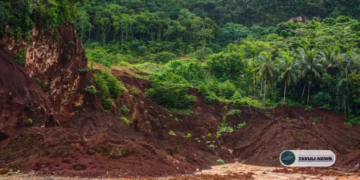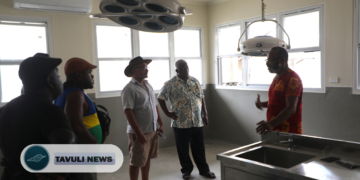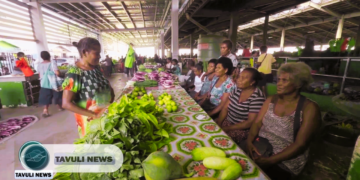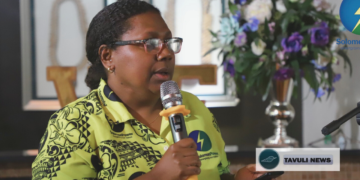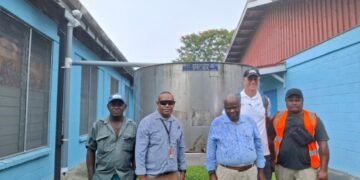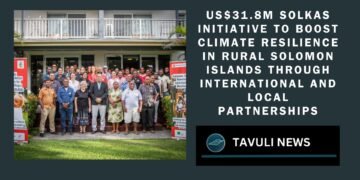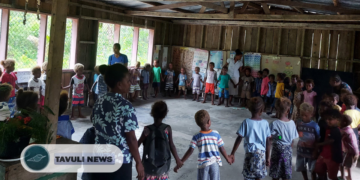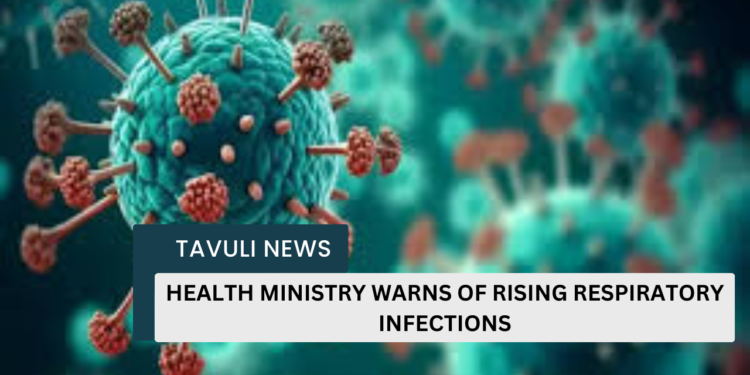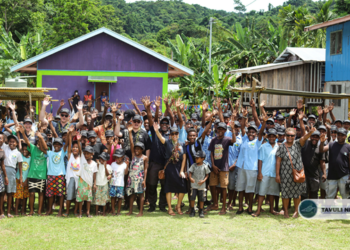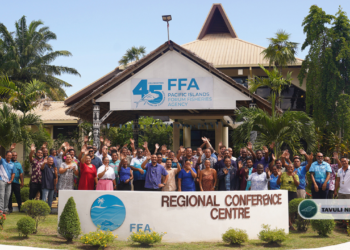Solomon Islands intensifies public health measures amid rising global respiratory infections, including hMPV, influenza, and RSV.
The Solomon Islands Ministry of Health and Medical Services (MHMS) has stepped up public health measures in response to rising global respiratory infection trends. These efforts include a weekly sentinel surveillance system monitoring Influenza-Like Illnesses (ILIs) and Severe Acute Respiratory Infections (SARI) across 23 sites nationwide.
To curb the spread of respiratory diseases, the MHMS is running public awareness campaigns that stress the importance of:
- Covering coughs and sneezes.
- Washing hands regularly with soap or sanitizer.
- Staying home when unwell and seeking prompt medical care for severe symptoms.
Global Trends in Respiratory Infections
The World Health Organization (WHO) reported an increase in respiratory infections, including human metapneumovirus (hMPV), in its January 7, 2025, Disease Outbreak News update. The rise, attributed to seasonal influenza, respiratory syncytial virus (RSV), hMPV, and mycoplasma pneumoniae, is being observed across the Northern Hemisphere in regions such as Asia, Europe, Central America, and parts of Africa.
Discovered in 2001, hMPV is a common virus that circulates in colder months, causing symptoms similar to the common cold. While mild in most cases, it can lead to severe complications like bronchitis or pneumonia, particularly in young children, the elderly, and immunocompromised individuals.
WHO Recommendations
WHO has urged people to take precautions to reduce the spread of respiratory infections. Suggested measures include:
- Staying home when sick.
- Wearing masks in crowded or poorly ventilated areas.
- Practicing good hand hygiene.
- Following vaccination recommendations from local health authorities.
Countries are encouraged to maintain robust surveillance systems to monitor and respond to respiratory infections.
Local Appeal for Vigilance
The MHMS has urged Solomon Islanders to rely on credible health information from the ministry and WHO. Vulnerable groups, including children, the elderly, and those with preexisting conditions, are advised to take preventive actions and seek medical care if symptoms worsen.
Source: MHMS

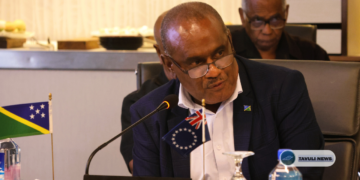
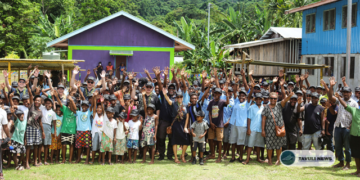

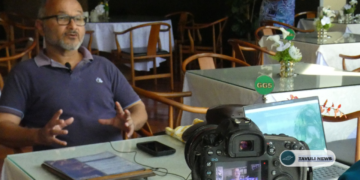
![Chovohio [left] and Charivunga [right] confluence, to create a dam for sediment control](https://www.tavulinews.com.sb/wp-content/uploads/2025/04/Add-a-heading-43-360x180.png)
